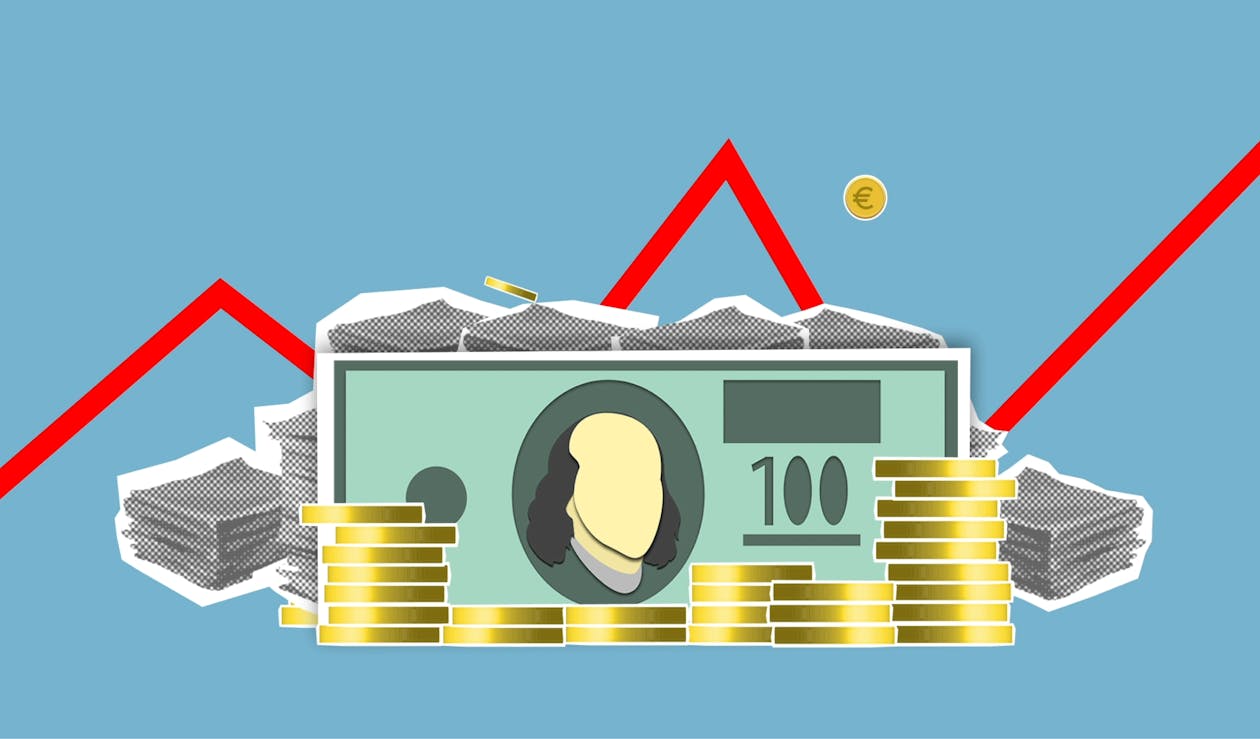Landlord Blog
Education and news for smart DIY landlords!
How Does Climate Change Affect Real Estate?

Climate change, with its broad and multifaceted impacts, is significantly reshaping the real estate landscape. As global temperatures rise, sea levels increase, and weather patterns become more unpredictable, the real estate industry faces both challenges and opportunities. The effects of climate change on real estate are profound, influencing property values, insurance costs, and investment strategies.
Physical Risks to Properties
One of the most direct impacts of climate change on real estate is the increased risk of physical damage due to extreme weather events. Coastal properties are particularly vulnerable to sea-level rise and storm surges, leading to frequent flooding and erosion.
For instance, homes along the coasts of Florida and Louisiana are at higher risk of damage from hurricanes and rising tides. Inland areas are not immune, as they face heightened risks from wildfires, extreme heat, and severe storms. These physical risks can lead to increased maintenance costs, higher insurance premiums, and even property devaluation.
Economic Implications

The financial repercussions of climate change on real estate are significant. Properties in high-risk areas may experience decreased demand, as potential buyers and investors become wary of future risks and the associated costs.
This shift can lead to a decline in property values, making it harder for homeowners to sell or refinance their homes. Additionally, the cost of insuring properties in vulnerable areas is rising, which can further depress property values and deter investment.
Conversely, regions perceived as safer from climate impacts may see an increase in demand and property values. Areas with milder climates and lower risks of natural disasters are becoming more attractive to buyers and investors.
This shift can lead to economic growth in these regions, but it also poses the risk of overdevelopment and increased pressure on local resources and infrastructure.
Regulatory and Policy Changes
Governments and regulatory bodies are increasingly implementing policies to mitigate the effects of climate change, which in turn impact real estate. Building codes and zoning regulations are being updated to ensure that new constructions are more resilient to climate-related risks.
For example, stricter floodplain management regulations and requirements for elevated structures in flood-prone areas are becoming more common. These regulations can increase construction costs but ultimately contribute to the long-term sustainability of properties.
Moreover, policies promoting energy efficiency and the use of renewable energy sources are influencing the real estate market. Properties with green certifications or energy-efficient features are becoming more attractive to environmentally conscious buyers and tenants.
As a result, developers and property owners are increasingly incorporating sustainable practices into their projects to enhance property value and appeal.
Adaptation and Mitigation Strategies

The real estate industry is adopting various adaptation and mitigation strategies to address the challenges posed by climate change. One approach is the development of resilient infrastructure that can withstand extreme weather events. This includes designing buildings with stronger materials, better drainage systems, and energy-efficient technologies.
Additionally, there is a growing trend towards sustainable real estate development. Green buildings, which are designed to minimize environmental impact, are gaining popularity.
These buildings often feature energy-efficient systems, sustainable materials, and innovative waste management practices. Investors and developers are recognizing that sustainable properties not only reduce the carbon footprint but also offer long-term cost savings and increased marketability.
Conclusion
Climate change is undeniably altering the real estate landscape. The industry must navigate the complex interplay of physical risks, economic implications, regulatory changes, and the growing demand for sustainable development.
By adopting proactive strategies and embracing sustainability, the real estate sector can mitigate some of the adverse effects of climate change and capitalize on emerging opportunities. The future of real estate will be shaped by how effectively it responds to the challenges and opportunities presented by a changing climate.
Read more articles here!
- Get Your Home Ready For Extreme Weather and Natural Disasters With This 10-Point Checklist
- Is Buying a Newly Built House a Good Investment?
- How Often Should Landlords Conduct Property Inspections?
- Navigating the Commercial Real Estate Landscape: Essential Research Tips for Newcomers
